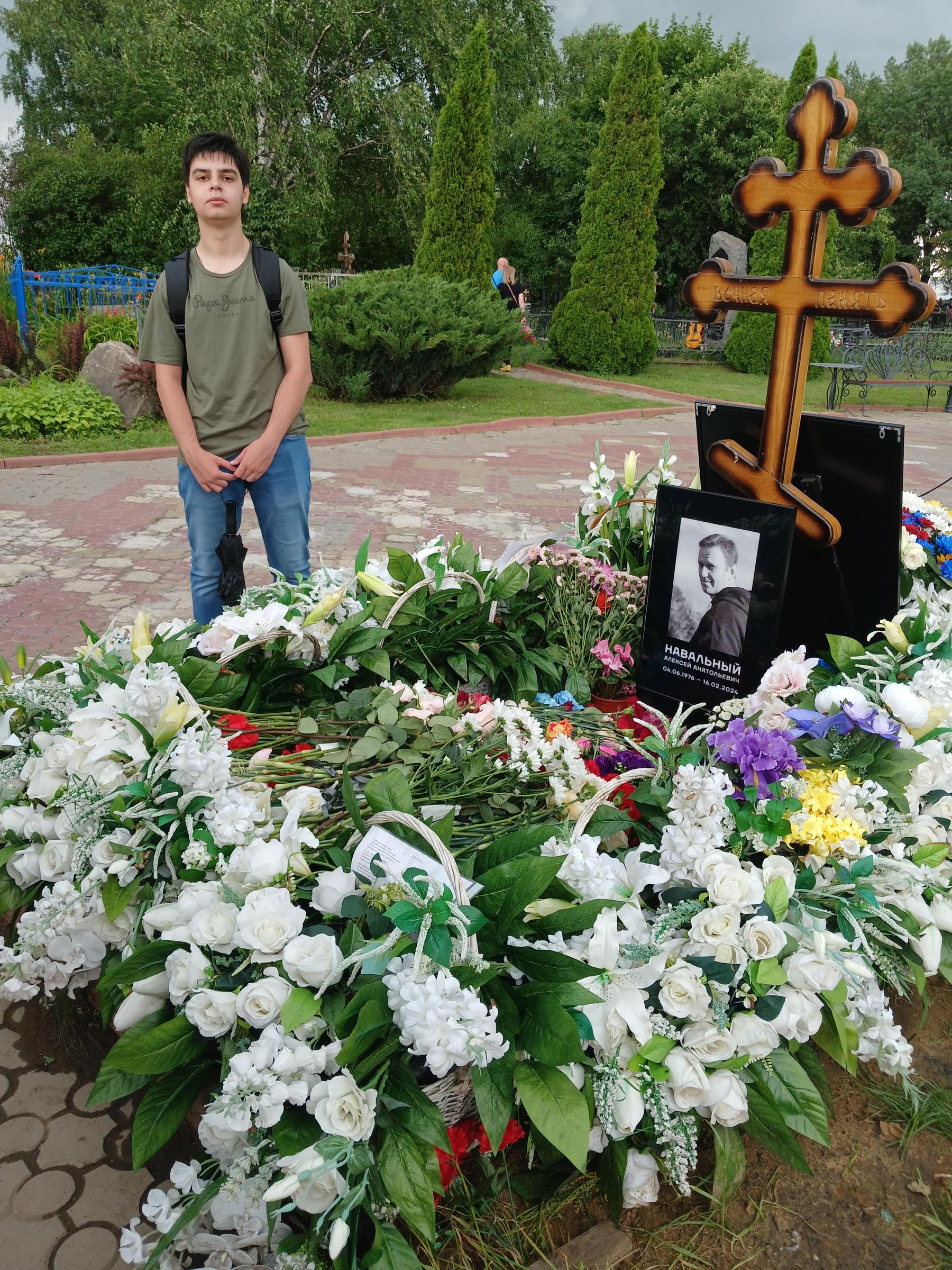Can you describe China in ten words? Yu Hua, who is looking for the truth with his books

« If a writer has no doubt in the world, he would not have a motive to write, » he says in his interview about « That is. » And for more than four decades, he has not stopped doing just that – to question the world and write about it.
He is the Chinese writer Yu Hua and on Saturday, April 26, for the first time arrives in Bulgaria. He is to meet with his Bulgarian audience as part of the event « Literary Meetings » of the Foundation « Read Sofia ». The conversation with him will be held in the building of the National Archaeological Institute.
The whole program of « Literary Meetings » this year is dedicated to the theme « Archeology of Memory ». In his writing, Yu Hua himself often returns to the past. Preserving memory for him is especially important.
The Booker winner Schehan Karunatilaka comes to Bulgaria for « Literary Meetings 2025 »
Most often, the writer returns to the years of the Cultural Revolution – a ten -year period of repression between 1967 and 1976, in which thousands of people, including politicians, teachers and musicians, have been imprisoned without sentence. More than 1 million people were killed.
| « The younger generations in China do not know what the cultural revolution is, for them it is just a name. To my great regret, there are also such young people who are overthrowing this era, they do not know what disasters it brought to our country, » The writer says. |
Yu Hua, who was born in 1960, describes his memories of these years in the book in detail « China in ten words », which was also translated into Bulgarian last year.
In it, the writer intertwines his own experiences with foreign ones – she tells how during the great hunger in China in the early 1960s, the hungry students were experiencing the leaves of trees around Beijing University; How, as a child, he discovers his love for books and how in desperate attempts to get to new things to read, he goes around the homes of his friends, but finds only the four volumes of « Mao Zudong’s selected works »; How the works of Shakespeare, Tolstoy, Balzac or Chinese authors such as Ba Jing are officially called « poisonous weeds »; How in 1989 the government crushed the protests on Tiennman Square with troops.
On the letters: Yu Hua, Karabashliev, Popov
In another of his main novel, « Alive », it tells of Republican China to the Cultural Revolution through the Japanese invasion. He does this through the story of the main character – a rural man who sees hunger and Maoism gradually ruin his family, but he remains optimistic.
| « It’s important for someone to write about the past, » says Yu Hua, because « the weather is ruthless, it’s a rubber that goes through our memories. » |
However, before reaching the writing profession, Yu Hua first passed through the dentist’s office. Or, as he calls it, he – through the « dental », because it is just a place to extract teeth and nothing more.
He began working in such a « denture » at 18 as soon as he graduated from school. In his own words, the five years spent working there are the most boring five years of his life. But it is thanks to them that it finally realizes that it is not about medical work (since « one is always one, two is always two » and there is no room for imagination).
Thus, in the early 1980s, when China was just coming out of the ultimate totalitarianism of the Cultural Revolution of Mao, Yu Hua decides to embark on writing. At that time, « prose was written in the same way » and « literature practically did not exist »the author himself says.
It is against the background of the gradual liberalization of the social and cultural environment that his early stories appeared. They are filled with violence, chaos and absurdity and put it in the forefront of the speed at that time the avant -garde stream in Chinese literature.
In 1989, his first collection was published – « I went to the eighteen, » two years later, the second – « Something Incidental » was released. After him, Yu Hua reoriented his style from experimentalism to realism, and the focus of his prose is tangible to move from cruelty to compassion.
As a result of this change, the tragicorealistic novels « shouts under the rudder » (1991), « Alive » (1992) and « Sue Sanguan sells their blood » (1996) appeared. In a short time, « alive » became one of the most popular and most translated Chinese novels with over 15 million copies sold. With his adaptation in 1994, director Gian Ingou won the Grand Prix from the Cannes Film Festival, retreating only to Quentin Tarantino’s « Crime ».
« I was born that I was born to eat me »
The following are the collection of stories « The Boy in the Damn », the novels « Brothers » and « The Seventh Day ». Meanwhile, Yu Hua has also written numerous short essays, memoirs and literary lectures that have been collected in several collections. In a short time, he was also a columnist in the New York Times, where he wrote on many issues muted by Chinese authorities.
| « True writers are looking for nothing but the truth – the truth that excludes moral evaluations, » He writes Yu Hua in the preface to the Chinese edition of Live. |
« The writer’s mission is not to pour his anger, nor to blame or expose, but to show the sublime. And here I do not mean any elementary wonderfulness, but the feeling of withdrawing after understanding everything, the same attitude towards good and bad, sympathy for the whole world. »










